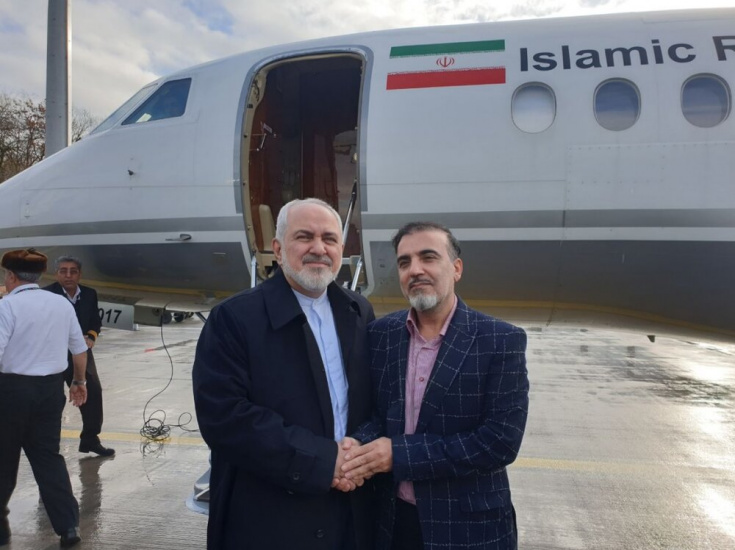Is prisoner exchange a beginning for U.S.-Iran negotiation?

Dr. Massoud Soleimani, an Iranian scientist who had been held in the U.S. for 14 months, was finally exchanged by a Chinese American spy named Xiyue Wang and released last week.
The swap took place in Zurich, Switzerland. The two prisoners were released simultaneously.
The United States, which has not softened its hostile stance on Iran, seeks an opportunity to set in motion a show at the international stage for dialogue with Iran. Washington tried to refer to the prisoner swap as a ground provided for the U.S.-Iran negotiations to gain more votes for Trump in the 2020 polls. A look at successive tweets by Trump, Mike Pompeo and Brian Hook regarding the issue shows that they have made every effort to open negotiations with Iran.
This kind of position taken by U.S. officials coupled with their efforts to open talks has at least two important dimensions:
First, an analysis of the U.S. politicians’ behavior over the past 40 years, and even earlier, suggests that they have offered to negotiate whenever they have reached a deadlock. However, the Americans change their approach as soon as they find a chance for hostility, like what happened during the recent riots in Iran.
Second, given the experience obtained due to the Joint Comprehensive Plan of Action (JCPOA), Iran believes that there is no need for re-negotiation. There are preconditions for a possible negotiation. First, the return of the U.S. to the JCPOA and lifting all of previous and new sanctions. Second, a complete halt to the maximum pressure campaign. However, the White House has explicitly rejected these conditions.
In fact, Iran did not accept the prisoner exchange to begin a new phase of negotiations. Rather, Iran agreed to it merely because of humanitarian issues. The exchange took place while Professor Masoud Soleimani was not a criminal. According to Donald Trump, Soleimani was held hostage despite having an official visa to visit the United States.
However, Xiyue Wang, who came to Iran as a Princeton University graduate student, was transferring an archive of the Iranian confidential documents to the Mossavar-Rahmani institution, a partner of U.S.-Israel organizations. Wang was arrested by the Ministry of Intelligence and charged with espionage.
* Author: Mohammad Ghaderi , Tehran Times editor in chief
Source: Tehran Times

